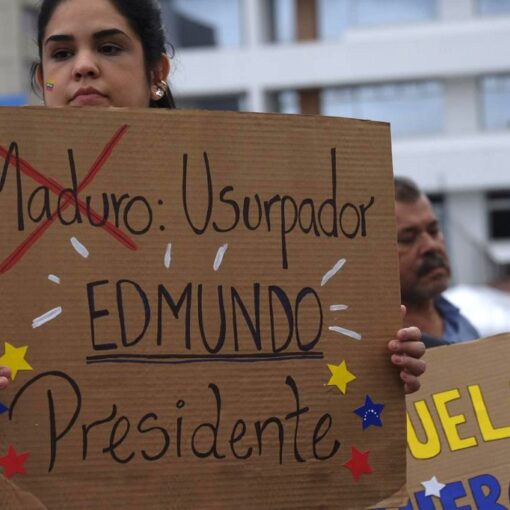QCOSTARICA — Priscila Vindas Salazar, legislator of the Frente Amplio (FA), presented to the legislative stream a bill (file 24.854) that seeks to triple immigration fines for tourists who remain in the country illegally, establishing a fine of US$300 dollars for each month of irregular stay.
The initiative proposes that the collected resources be allocated in full to Costa Rica’s immigration service, the Dirección General de Migración y Extranjería (DGME), to strengthen its functions and services.
The bill is also intended to provide more resources to Immigration, who have stated in an official letter that the staff currently available is not sufficient for the effective fulfillment of their functions.
– Advertisement –
Additionally, the initiative seeks to prevent foreign tourists in the country from leaving and re-entering the country in a few days with the intention of renewing their stay as tourists.
The initiative proposes that once the maximum period of legal stay has expired, the foreign tourist may not re-enter the country in the same immigration status for a period of 90 days.
According to the explanatory statement, the aim is to prevent the practice of foreign persons with tourist immigration status, who, upon approaching the expiration of the maximum period of legal stay, temporarily leave the country for a neighboring nation with the purpose of renewing their stay upon re-entering Costa Rica.
The practice is known as a “visa run” or “border run”, allowing the foreign tourist an indefinite stay, with a brief interruption, without the need to apply for legal residence.
The proposal justifies the addition of this new limitation to re-enter the country by stating:
“The practice of “visa run” has a significant impact on coastal communities and other areas with a high influx of ‘permanent; tourists, where the influence of foreigners combined with the demand for goods and services increases the pressure on local resources, increases the demand for temporary rentals and properties, and raises prices in the real estate market, making it difficult for local residents to access affordable housing who cannot compete with the prices that permanent tourists are willing to pay.”
– Advertisement –
The explanatory statement cites, as an example, the case of the Schengen area (a group of European countries that do not have internal borders) which allows people from third countries to travel freely without border controls, with a maximum stay of 90 days within a period of 180 days, regardless of the number of times they leave the territory and without limiting it to a specific entry date.
However, the proposed wording of the bill would not have the same effect, because the proposal uses as a reference point the maximum period of legal stay in the country, generating, eventually, legal uncertainty due to its possible interpretations/
Ffor example, a restrictive interpretation of the rule, according to the proposed wording, would imply that if a tourist enters on January 1, and has a 90-day stay permit, he or she could not be in the country after April 1 and until July 31, regardless of how many days he or she has stayed in the country.
A more lax interpretation of the rule, as proposed, would allow any tourist who leaves the country before the expiration of their maximum legal stay period to re-enter for a new period of time, as is currently the case.
– Advertisement –
Additionally, the bill omits the case of people who can enter the country as tourists for a maximum period of 30 days, so the proposal would force these people to remain outside the country three times the period of their stay, before being able to return as tourists.
Currently, citizens from most countries in the European Union, North America (including the United States and Canada), Australia, New Zealand, and many South American nations do not require a visa to enter Costa Rica and can stay for up to 180 days as tourists.
Travelers who overstay their visa-free period or their visa can be subject to fines of US$100 per month of overstay if they remain in the country past their allowed period. This fine is assessed when you exit Costa Rica. Fortunately, overstaying doesn’t prevent you from returning to Costa Rica as long as you meet the standard entry requirements, such as a valid passport and proof
and failure to pay can lead to further complications, and could potentially lead to a re-entry ban depending on the length of the overstay. In extreme cases, it could even result in deportation
Fortunately, overstaying doesn’t prevent you from returning to Costa Rica as long as you meet the standard entry requirements: A valid passport and proof of onward travel (air, land, sea), among others.
If you need to stay in Costa Rica longer than your initial visa allows, you should apply for an extension through the immigration authorities. If you plan to stay in Costa Rica for a prolonged period, look into obtaining residency.
The initiative must now be assigned to a legislative commission to begin its corresponding process.
– Advertisement –
Source link
Rico


